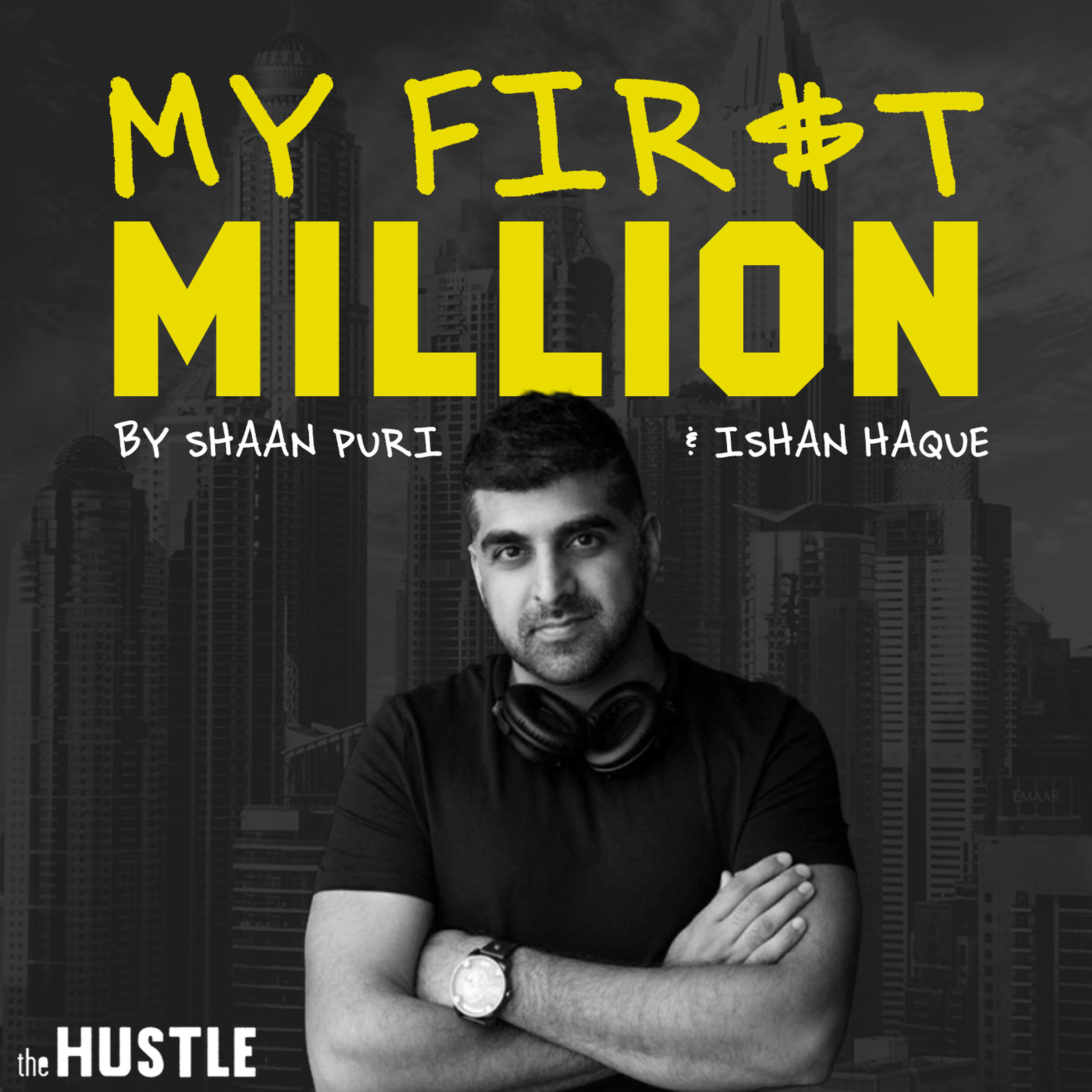Ramon started a news blog about soap operas. He used Facebook Groups to drive traffic to the blog, making revenue off advertising. He sold the blog for 9 million dollars three years later. To this day, he'd never watched any soap operas that his blog was writing about.
Ramon knew how to drive Facebook traffic to a page, and he knew that traffic could be converted into money. So what did he do? He started testing various pages, until he found ones that worked - soap operas and politics. He did not like politics, and so soap operas was it. The engagement on those Facebook groups was key!
Launch and iterate fast. Don't waste time coding, or picking the right logo. Just test a bunch of ideas to see which ones have potential with the minimal effort you can.
You hire someone who does! Ramon went to oDesk and hired a freelancer who knew exactly how to write his type of content. She still works at ths company to this day.
Try everything and see what yields most engagement with your target audience.
Ramon wrote about everything, and eventually realized that 80% of their traffic was coming for spoilers. More traffic, more revenue.
They also tried silly quizzes, which did not bring a lot of traffic, but did build them an email list of over 350,000 subscribers.
Reverse engineer them.
Look at your competitors: what are they doing well, what are they failing at? Pick ideas from that. Then look at sites that are doing great at content in general, see what they are doing well, and try some of that.
Don't be a genius, just get results.
Much like real estate agents compare similar properties to determine the value of a house, startup founders can look at similar web properties to figure out if theirs is worth anything. Sites like Flippa, or Quiet Light Brokerage list businesses that want to find a new owner. In order to get buyer's interest, these business list their profit-and-loss statements and other details, all available for you to read through, all for free.
Usually you can sell a content business for a multiple of your revenue, depending on your broker and your market.
In case of Ramon, he got lucky that his revenue started to grow, while the acquisition process was taking place.
He was able to use that to his advantage and to leverage a much better deal.
